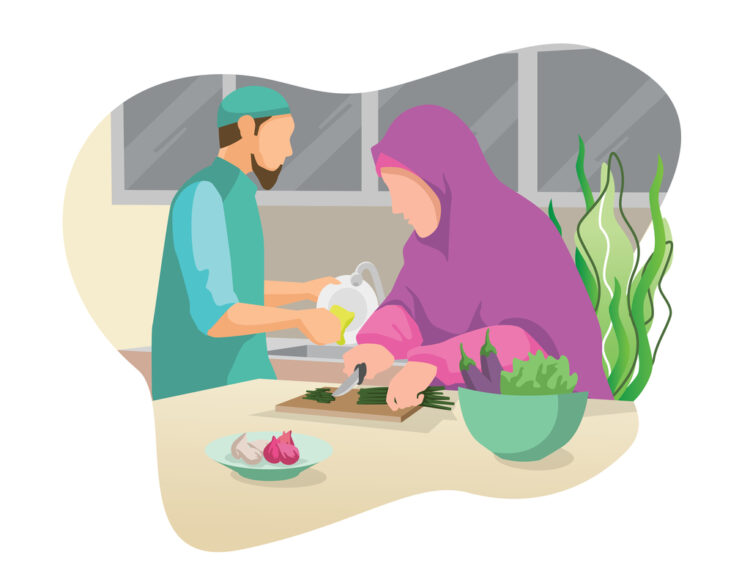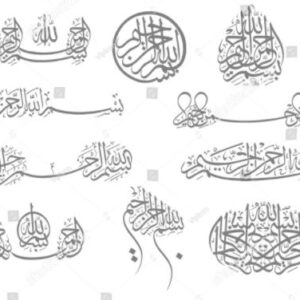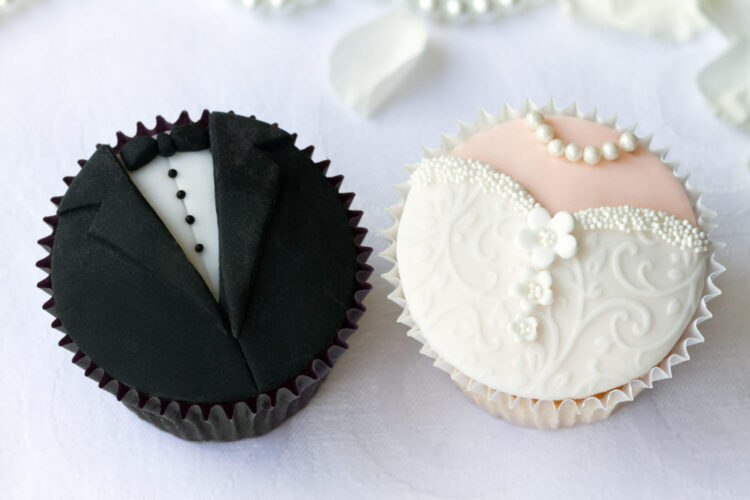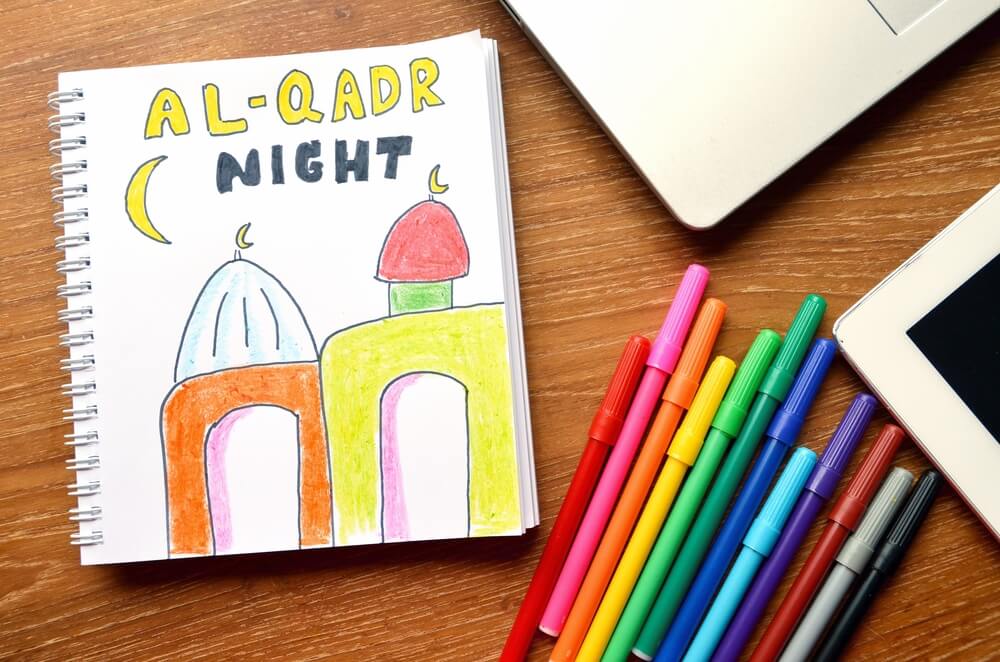There are moments in a marriage where spouses could feel detached or unheard of. Does this mean that the passion has forever gone? Absolutely not.
One of the biggest communication challenges that couples run into is speaking different love languages or showing love differently. And that’s one of the main issues that husbands and wives often disregard.
There are 5 common ways we express love and expect to receive it. Understanding our spouse’s love language ensures that our daily gestures don’t get lost in translation and, in fact, nourish our relationship.
Mindfully reflecting on your spouse’s love language and acting upon it can make them feel loved and impact your marital life positively.
Our religion offers gems that serve as guidance for our relationships to thrive. Find out how the Prophet Muhammad (PBUH) expressed his love for his wives.
“You have indeed in the Messenger of Allah a beautiful example [of conduct] for anyone whose hope is in Allah and the Final Day, and remembers Allah much”
(Al-Ahzab 33:21).
لَّقَدْ كَانَ لَكُمْ فِي رَسُولِ اللَّهِ أُسْوَةٌ حَسَنَةٌ لِّمَن كَانَ يَرْجُو اللَّهَ وَالْيَوْمَ الْآخِرَ وَذَكَرَ اللَّهَ كَثِيرًا (21
سورة الأحزاب 21
ُDifferent ways the Prophet (PBUH) expressed his love:
1.Words of affirmation
If this is your partner’s love language, they like to hear a lot of acknowledgment.
Prophet Muhammad (PBUH) expressed his love for his wives in unique ways. Ayesha (RA) would often ask the Prophet (PBUH), “How is your love for me?” The Prophet (PBUH) would reply, “Like the rope’s knot”. (meaning that it was strong and secure). She would often ask after that, “How is that knot?” and he would reply “The same as ever”. (reported in Hiya al Awliya).
The Prophet Muhammad (pbuh) said:
” الكلمة الطيبة صدقة”
متفق عليه
Abu Hurairah (May Allah be pleased with him) reported: The Prophet (ﷺ) said, “It is also charity to utter a good word.”
[Al- Bukhari and Muslim].
When Prophet Muhammad (PBUH) received the first revelation and he came rushing to his wife Khadijah (RA) overwhelmed and afraid, she comforted him with these words: “God will never disgrace you. You keep good relations with your kith and kin, help the poor and the destitute, serve your guests generously, and assist those afflicted with calamities who deserve help.” She comforted him with true words that reflect how a great person he was and how a supportive understanding wife she was for him.
In addition, the Prophet Muhammad (PBUH) trusted and consulted his wives in important matters. Like when he consulted Um Salamah upon signing the Hudaibiya treaty.
2. Gifts
If this is your partner’s love language, they appreciate receiving something tangible that reminds them that you think of them even when you’re not together.
Out of his pure love for his late wife, Khadijah (Radia Allahu ‘anha), whenever the Prophet (PBUH) slaughtered a sheep, he sent a share to her friends, long after she passed. So how much more if she was alive?
“من حديث النبي صلى الله عليه وسلم :” تهادَوْا تحابُّوا»
البخاري و حسنه الألباني
Abu Hurayra reported that the Prophet, may Allah bless him and grant him peace, said, “Give gifts and you will love one another.”
Al Bukhari – Hasan (Al-Albani)
3. Acts of service
If your partner’s love language is acts of service, they feel most appreciated when you do things for them without being asked.
Prophet Muhammad (PBUH) would spend his time at home with his wives when he was not engaged in Islamic dawah or the governance and guidance of the community. He would participate in domestic chores and be ready and willing to serve family members.
Al-Aswad reported that he asked Ayesha (R): “What did the Prophet (PBUH) do at home?” She said: “He used to be at the service of his family, and when it was time for prayer, he would go out to pray” (Bukhari). Ayesha (R) is also reported to have said in another narration: “He acted like other men. He would mend his clothes, milk his goat, and serve himself” (Ahmad and Bukhari).
4. Physical touch
Partners who speak this language enjoy giving and receiving physical affection gestures throughout the day.
Before entering his home, the Prophet (PBUH) used miswak to freshen his breath, and the first thing he did upon entering was kissing his wife.
Often, the Prophet (PBUH) laid his head on the lap of Aisha (RA) reciting Quran, while she was on her menses.
In the famous narration of the Abyssinian fighters performing in the masjid on Eid Day, Aisha described one of her most cherished moments. She stood behind the Prophet (PBUH), placing her chin on his shoulder as they watched the performance together. Enjoying the intimate closeness more so than the performance, the Prophet (PBUH) remained there, allowing Aisha to relish the moment as long as she wished.
In addition, the Prophet (PBUH) would also console his wives in public when they were upset. Safiyyah Bint Huyyiy (R) narrated: “The Messenger of Allah (PBUH) went to Hajj with his wives. On the way, my camel knelt down as it was the weakest among all the other camels, and so I wept. The Prophet came to me and wiped away my tears with his robe and hands. The more he asked me not to weep, the more I went on weeping” (Ahmad).
The Prophet (PBUH) did not get embarrassed, angry, or impatient. He just reassured her and compassionately wiped away her tears. The Messenger of Allah (PBUH) was distinctly kind and considerate to his wives in public. Anas ibn Malik narrates: “I saw the Prophet (PBUH) making for her [Safiyyah] a kind of cushion with his cloak behind him [on his camel]. He then sat beside his camel and put his knee for Safiyyah to put her foot on, in order to ride [on the camel]” (Bukhari).
love
5. Quality time
If your partner’s primary love language is quality time, they feel completely adored when they have your undivided attention.
Even if it’s for 15 minutes while maintaining eye contact and not checking your phone intermittently.
The prophet Muhammad said: When a husband and wife look at each other with love, Allah looks at both of them with mercy.
Sahih Bukhari
The Messenger (PBUH) is reported to have said: “Everything that does not involve remembrance of Allah is futile, senseless, and wasted – except for four acts: a man entertaining his wife, a man training his horse, a man walking between the two posts [when practicing archery], and teaching swimming to another man” (reported in an-Nasai).
For instance, during one expedition with the Muslim army, the Prophet (PBUH) asked them to move ahead, while he and his wife trailed behind to spend quality time together. He and Aisha (RA) raced, chatted, and walked back to the group together. He teased her after beating her in one race. Ayesha (R) reports that the Messenger told her: “Come I will race you.”
She continues, “So I raced with him and I won. After I became heavier, he raced me and he won. So he laughed and said this one for that one” (Abu Dawood).
As you can see, with all his leadership responsibilities and burden, our Prophet (PBUH) lived the moment with his wives and took the time to show them how much he cared.
May you discover your spouse’s love language, communicate yours, and foster the life you wish for together at your home.
love










